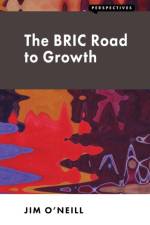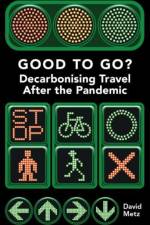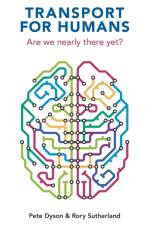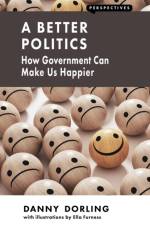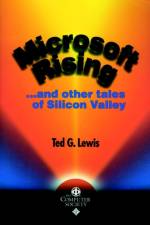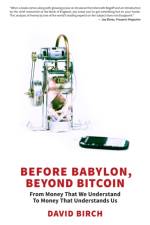av Mickie Ashling
249
Perspectives, tome 4 À l'approche de son quarante-cinquième anniversaire, Lil Lampert éprouve une terrible anxiété de vieillir. Pour l'aider à retrouver goût à la vie, son partenaire, Grier Dilorio, lui propose un voyage en amoureux en Italie. Cette absence tombe plutôt mal, car leur fils, Luca vient d'entrer à l'école secondaire. Il est confié à ses oncles d'adoption, Clark Stevens, des Chicago Bears, et Jody Williams. Grandir entre deux couples gays a donné à Luca une perspective de la vie assez unique, sans pour autant lui permettre de répondre aux questions qu'il se pose concernant son orientation sexuelle. Après plusieurs années d'un béguin secret pour son meilleur ami, Chip Davidson, voilà que Luca s'intéresse à sa jumelle, la rousse Chyna. Alors qu'il se croyait gay, peut-être est-il bisexuel finalement. Chyna est né intersexué, c'est-à-dire avec un rare syndrome génétique d'ambiguïté de genre. Biologiquement, c'est un garçon, mais sa mère, troublée par une crise de dépression post-partum, l'a déclaré à la naissance en tant que fille et l'élève depuis lors dans le mensonge. La puberté arrivant, Chyna a de plus en plus de mal à dissimuler son secret, d'autant plus que sa forte attirance pour Luca lui déclenche d'étranges réactions.Luca saura-t-il, malgré sa jeunesse, accepter une vérité troublante et aider Chyna à découvrir sa véritable identité, ou bien va-t-il renoncer au premier écueil et réduire à néant le rêve de bonheur d'un adolescent à la dérive ?

